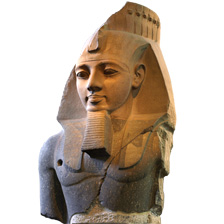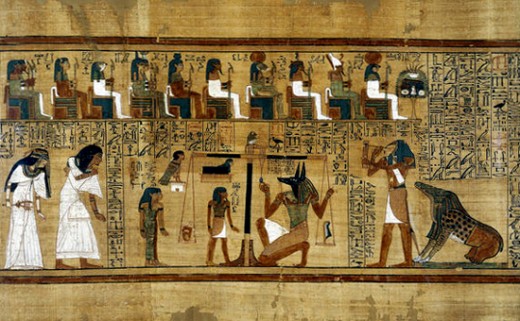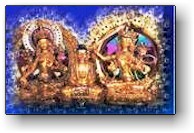Is Immortality Possible?

Eternal Flame
Immortality as a concept is like the eternal flame that burns continuously for an indefinite period. A famous example was the flame that burned at Delphi[1] or the idea of the eternal olympic torch created by the Nazis in 1936 for the Berlin Olympics. Although eternal flames were not typical of Greek temples, there were many other examples common to such surrounding peoples such as the Persians and the Israelites.
A person's life, like a flame will estinguish itself after a finite period of time. Usually if a person is careful, lives and eats well they can expect to exceed the average life expectancy of 82.6 in Japan or 39.2 in Mozambique.
Some people prefer not to follow a frugal life and live life to the extreme. But as Dr. Eldon Tyrell says to Roy Batty in Blade Runner:
"The light that burns twice as bright burns for half as long - and you have burned so very, very brightly, Roy."
Ramesses II


The Ancient Egyptians
The people most associated with immortality would be the ancient Egyptians. The leader of the ancient Egyptians was called the pharaoh. The earliest known pharaohs reigned from around 3100 BC. A pharaoh represented the gods on earth. He performed rituals and built temples to honour the gods. He or would share in the life of mortals on this Earth. But after the Pharaoh died he would re-unite with the gods again to continue his immortal life.
There was hope for the ancient Egyptians too though. They believed that they could pass into an afterlife. But before a person could get to the afterlife, that they had to pass through the underworld. The underworld was a place that was full of terrifying monsters and dangerous animals. A person would need magic to successfully overcome these threats.
The ancient Egyptians chose spells to take with them on their journey. The spells were chosen from a group of spells known as the Book of the Dead. The spells were then written on a papyrus scroll which was buried with them in their tombs.



Religion
Does religion hold the answer to immortality? The most popular religions are Christianity, Islam, Buddhism and Hinduism. Each offer the possibility of an afterlife.
Christinanity: In his letter to the Romans, Paul wrote, "For the wages of sin is death, but the gift of God is eternal life in Christ Jesus our Lord" (Romans 6:23).
Islam: "We have ordained death among you, and We are not to be overcome, so that We may
change your state and make you grow into what you know not." -- Qur'an 56:60-61
Buddhism: Buddha accepted the basic Hindu doctrines of reincarnation and karma, as well as the notion that the ultimate goal of the religious life is to escape the cycle of death and rebirth. Buddha asserted that what keeps us bound to the death/rebirth process is desire, desire in the sense of wanting or craving anything in the world. Hence, the goal of getting off the Ferris wheel of reincarnation necessarily involves freeing oneself from desire. Nirvana is the Buddhist term for liberation. Nirvana literally means extinction, and it refers to the extinction of all craving, an extinction that allows one to become liberated.
Hinduism: Hinduism believe that time is cyclical. This means they believe people do not live and die just once but are reborn a number of times before reaching their final state. This is called reincarnation. The process of being being born, growing, dying and being reborn again for Hindus is called 'samsara'. The aim of every Hindu is freedom from this cycle in order to be in the presence of God, or become one with God (moksha). In order to get freedom from samsara Hindus believe they must collect good karma.

Cryonics
Being a scientifically minded person I wondered if there is any technology today that would provide the realistic possibility of immortality. Personally I would not want to be immortal. However, I would like to live longer and travel forward in time to see what happens. When I was in a library in an British Antarctic base called Rothera in my early 20s I came across a book called "The Ascent of Man" by Jacob Bronowski. It's a fascinating book and I would recommend reading it. It first got me interested in time travel. I found it bizarre what he said about a rotating disk and 2 clocks. The clock on the outside (moving faster) would move forward in time faster than the clock on the inside. This got me thinking about whether a time machine was possible. To save you all the details the answer was "No". However, there is another way of travelling forward in time and cheating death and the area of science called Cryonics. Currently I am a member of the UK Cryonics group and have already planned to have my body frozen by Alcor in Arizona. So to answer the original question "Is Immortality Possible". The answer would be maybe.









